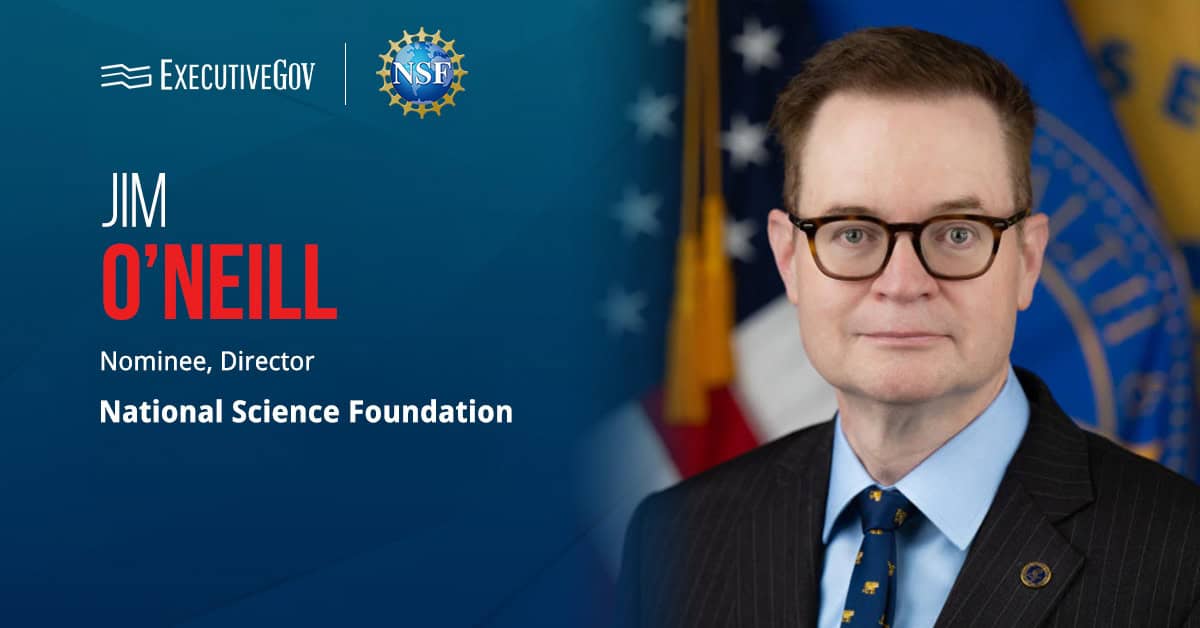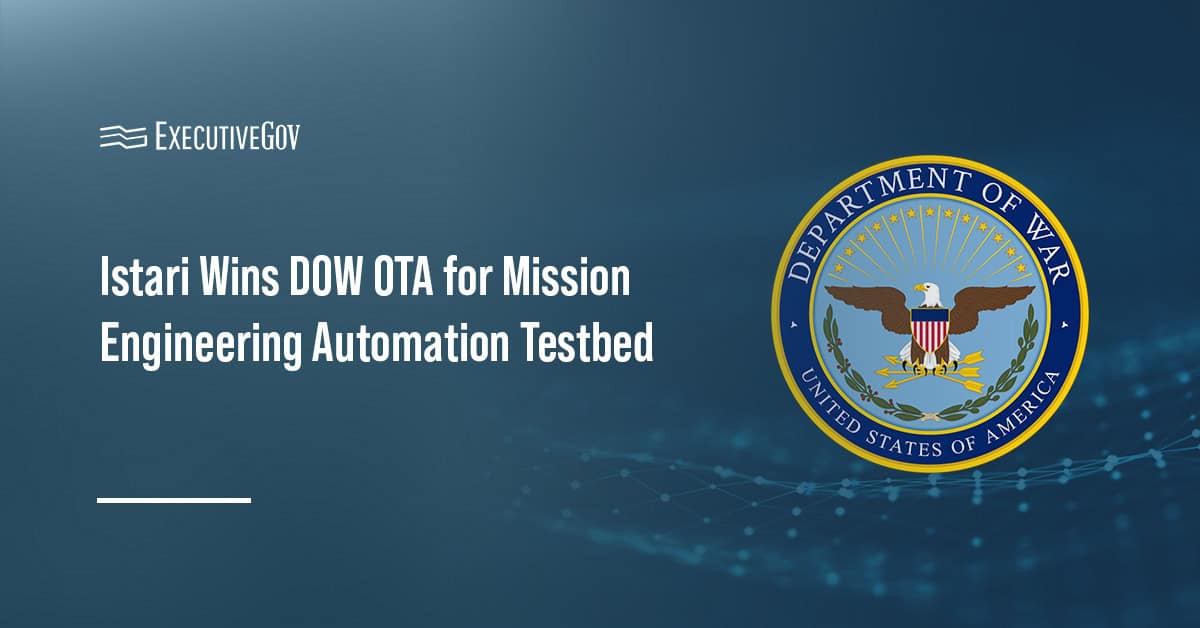Lael Brainard is stepping down as vice chair and member of the Federal Reserve Board on Feb. 20 to serve as director of the National Economic Council responsible for providing advice to the president on U.S. and global economic policy.
Brainard was appointed vice chair of the board of governors of the Federal Reserve System in May 2022 and has served as a member of the board since June 2014, the central bank said Tuesday.
Previously, she was appointed chair of the Financial Stability Board Standing Committee on Assessment of Vulnerabilities and the Organization for Economic Co-operation and Development Working Party 3 committee.
Brainard joined the Fed following her tenure at the Department of the Treasury as undersecretary and counselor to the secretary.
She also served as vice president and the founding director of the Global Economy and Development Program.





